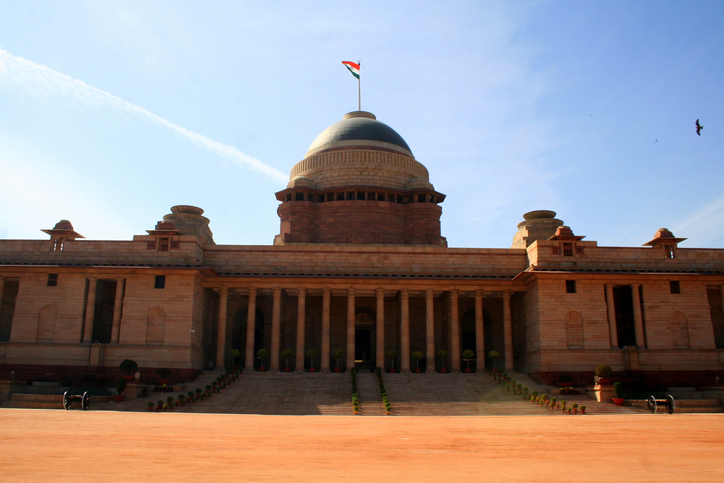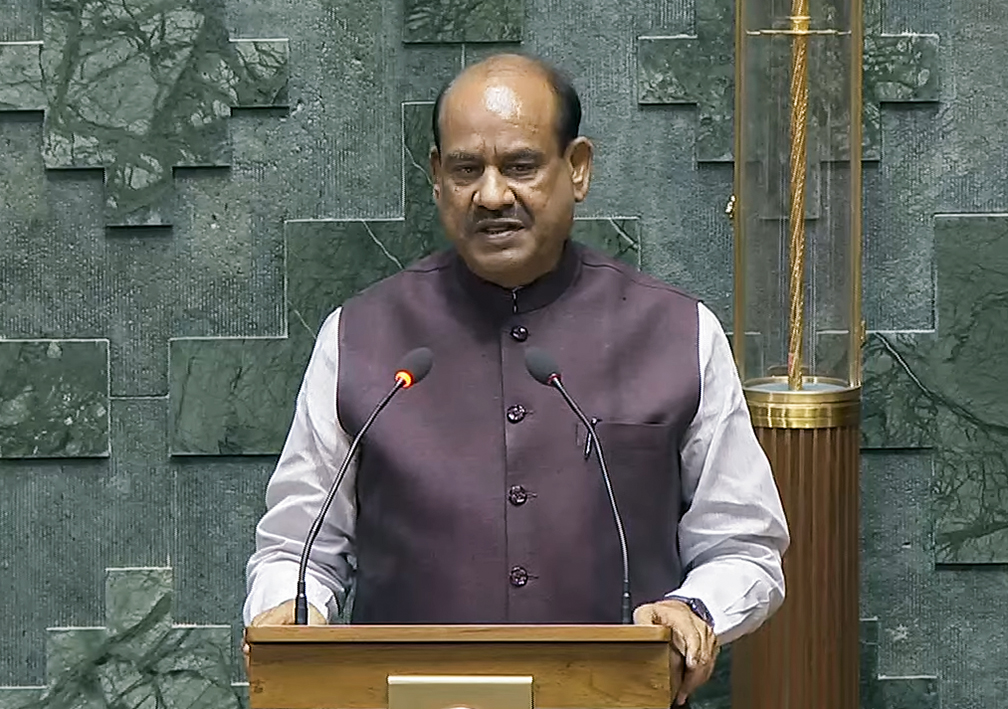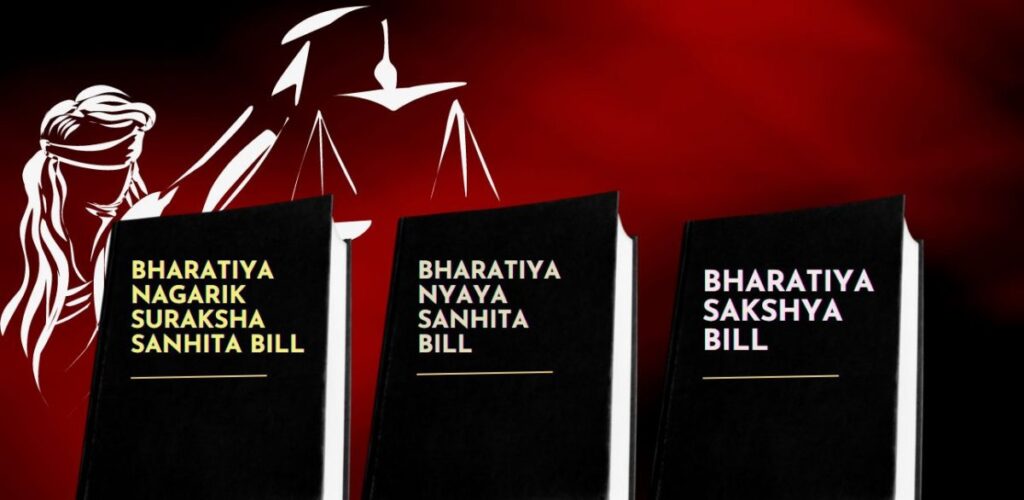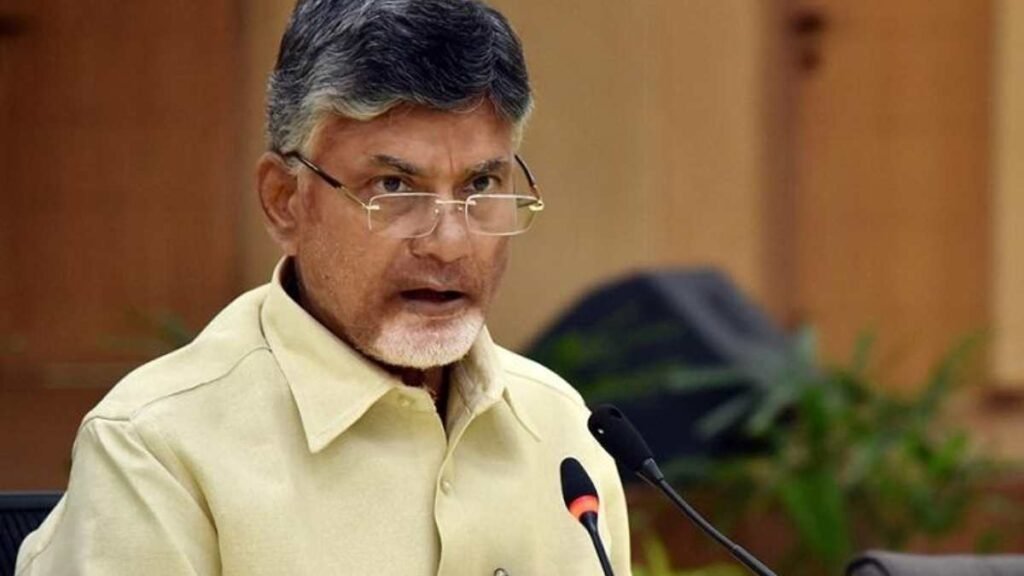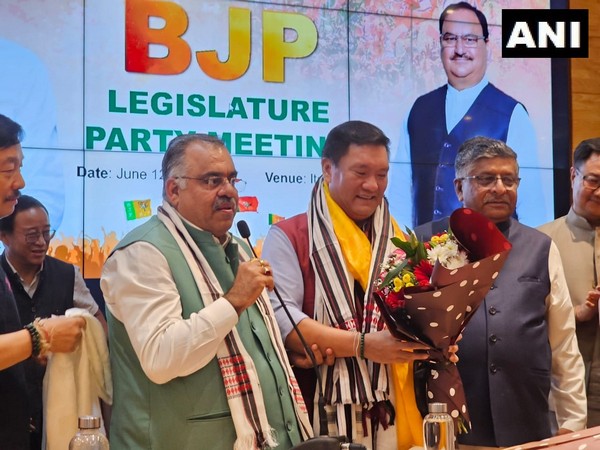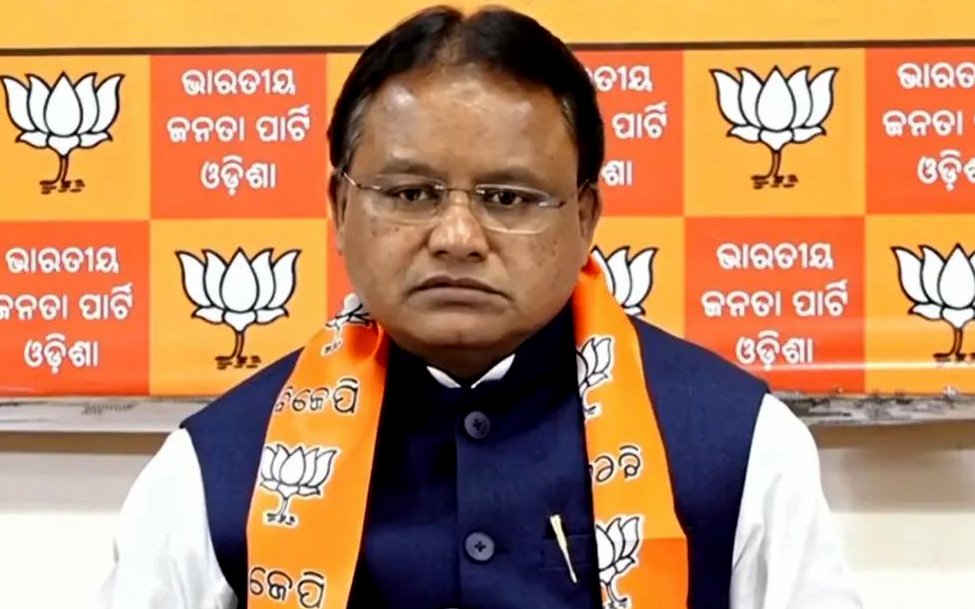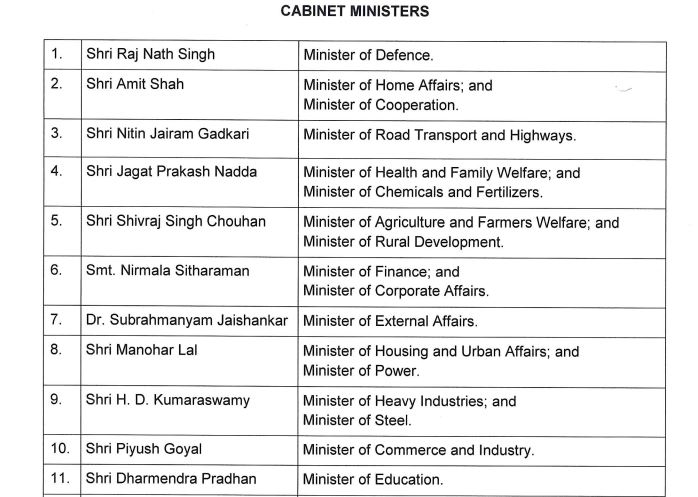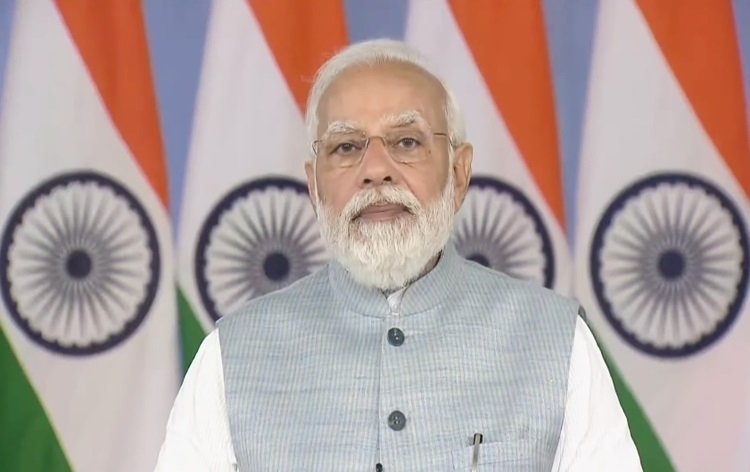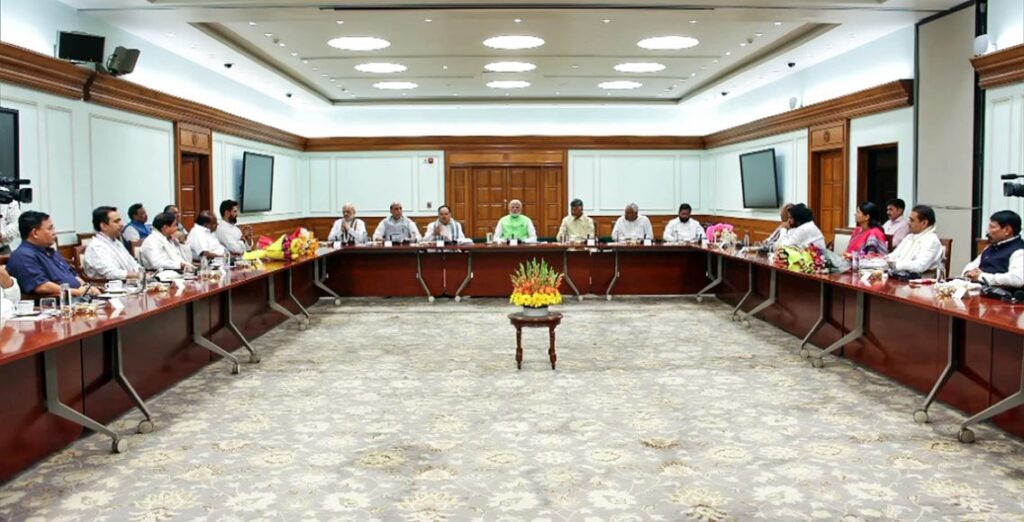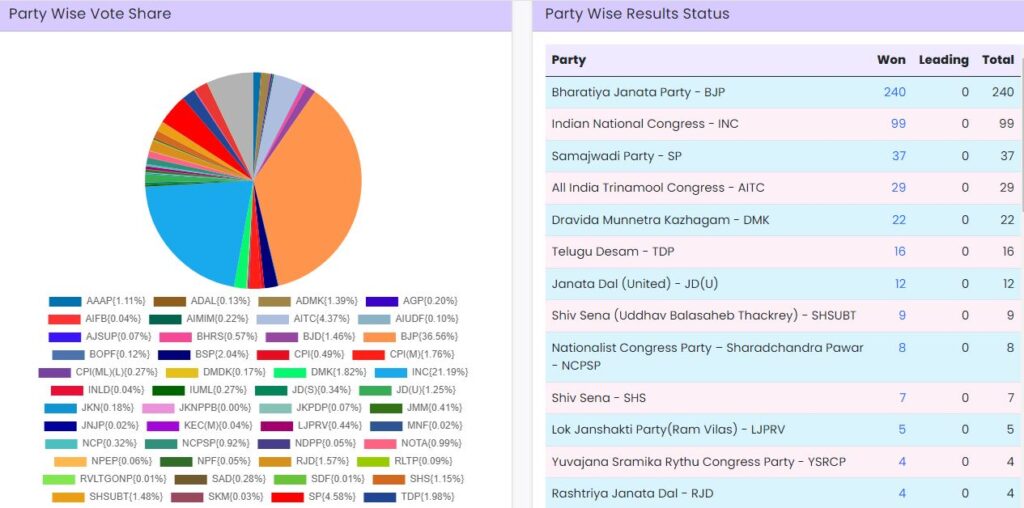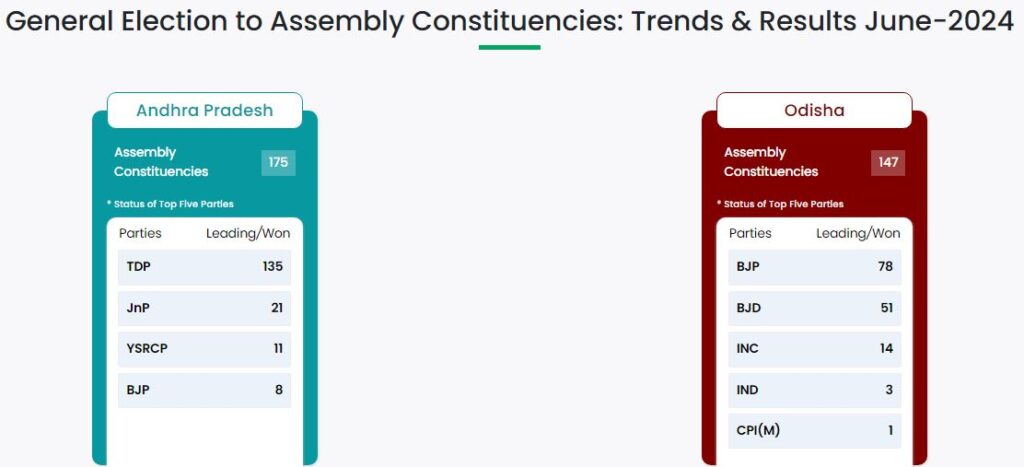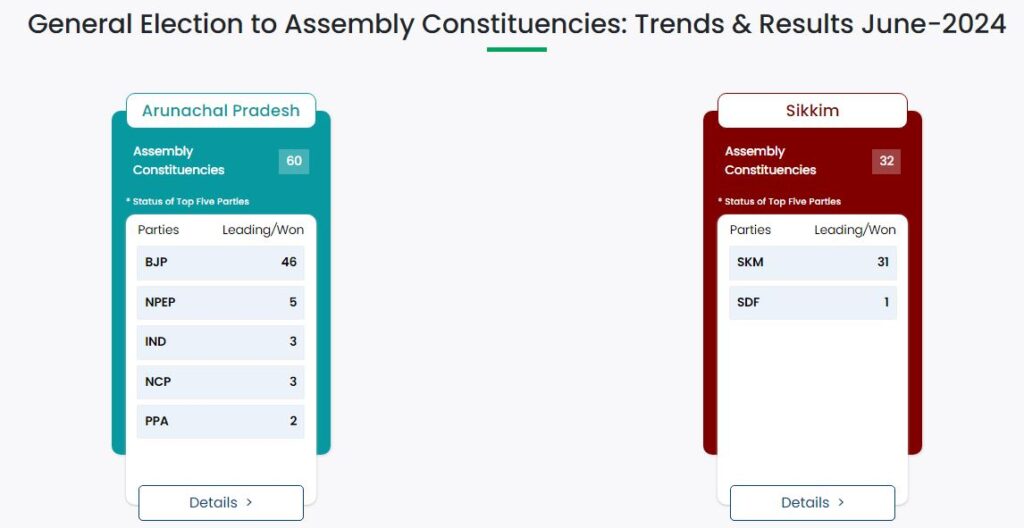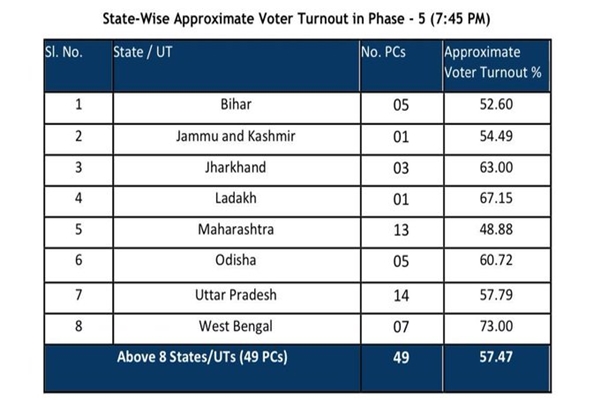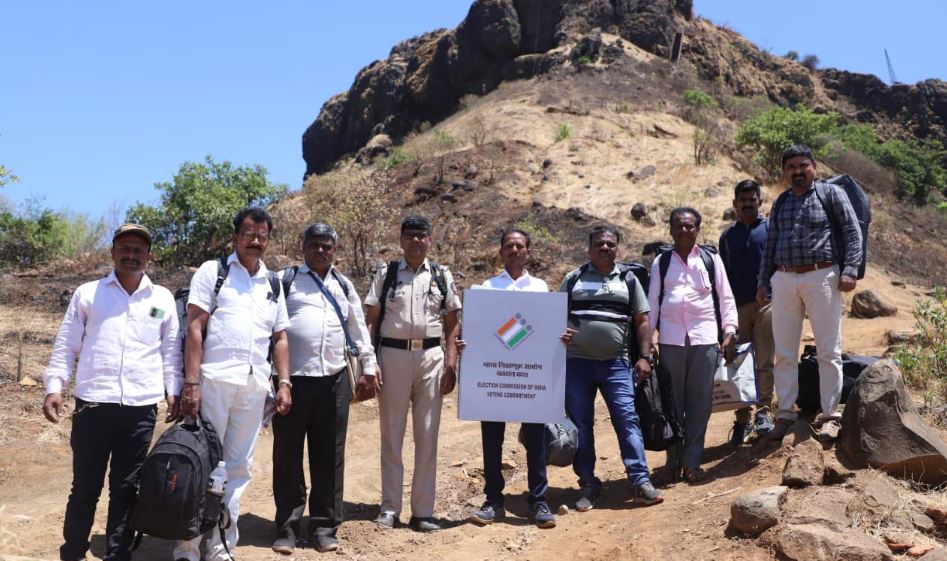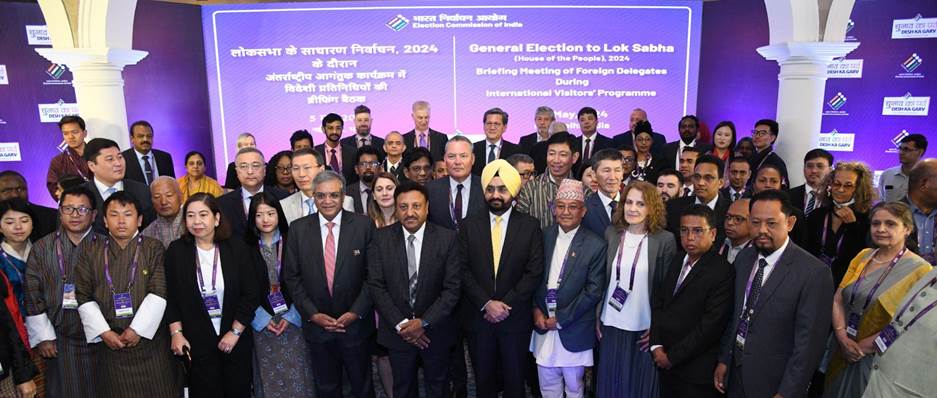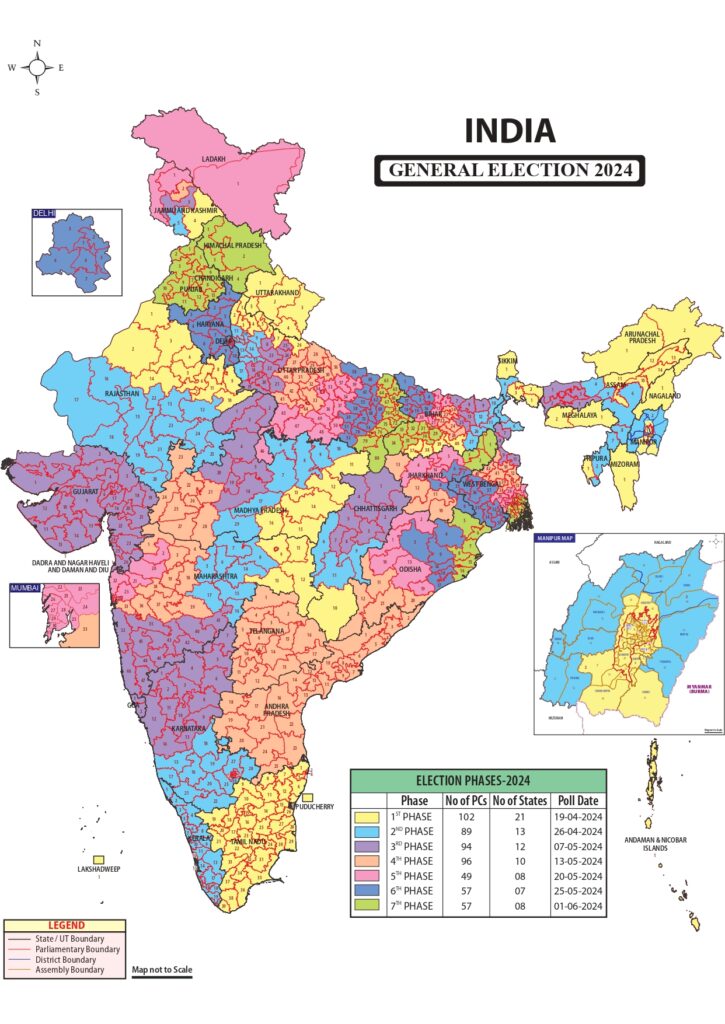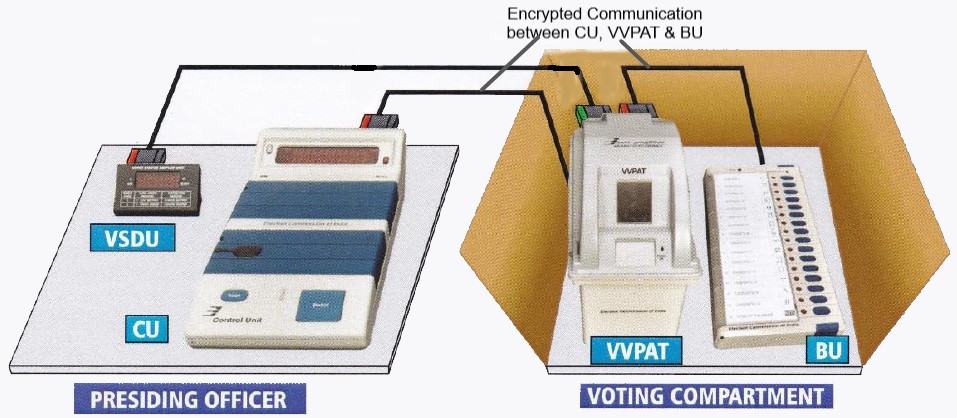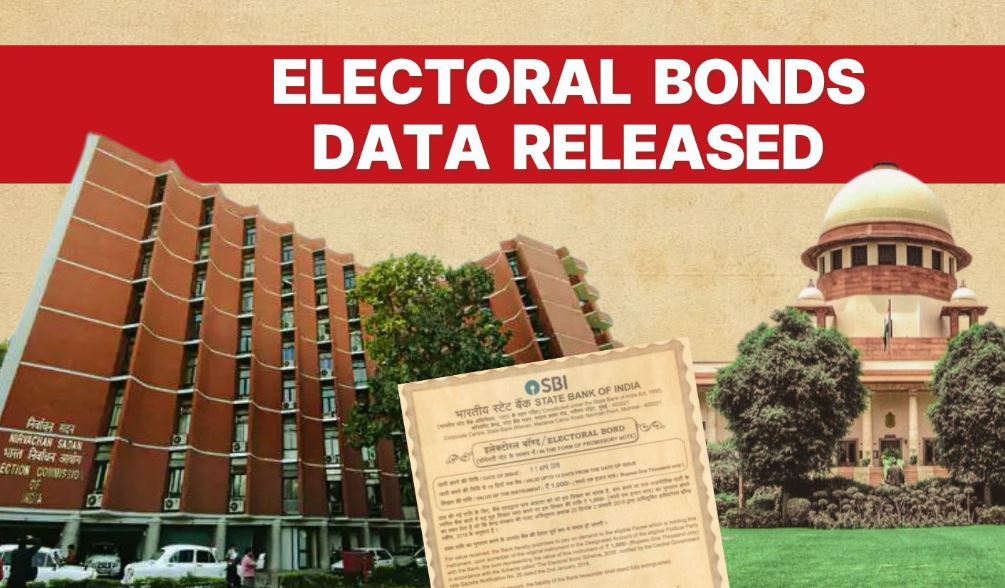Both Houses of Parliament adjourned sine die on 9 Aug 2024
On August 9, 2024, both Houses of Parliament were adjourned sine die, concluding the Budget Session that began on July 22.
12 government bills were introduced during the session of which four were passed by the Lok Sabha. The Finance Bill, the Appropriation Bill, the Jammu and Kashmir Appropriation Bill, and the Bhartiya Vayuyan Vidheyak were passed in the Lower House.
Rajya Sabha Chairman Jagdeep Dhankhar highlighted Budget discussions in the Upper House.
Question: What does the term “sine die” mean when used in the context of parliamentary sessions?
A) Without setting a future date for resumption
B) With a fixed date for the next session
C) After passing all pending bills
D) After the session ends with a final vote
Answer: A) Without setting a future date for resumption
Explanation:
“Sine die” is a Latin term that means “without a day.” In the context of parliamentary sessions, it refers to the adjournment of a session without assigning a specific date for the next meeting.
Question: Who is the Chairman of Rajya Sabha ?
A) Om Birla
B) Nirmala Sitharaman
C) Jagdeep Dhankhar
D) Venkaiah Naidu
Answer: C) Jagdeep Dhankhar
The Chairman of the Rajya Sabha is the Vice President of India. Jagdeep Dhankhar holds the position of Vice President, making him the Chairman of the Rajya Sabha.
